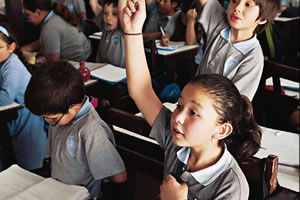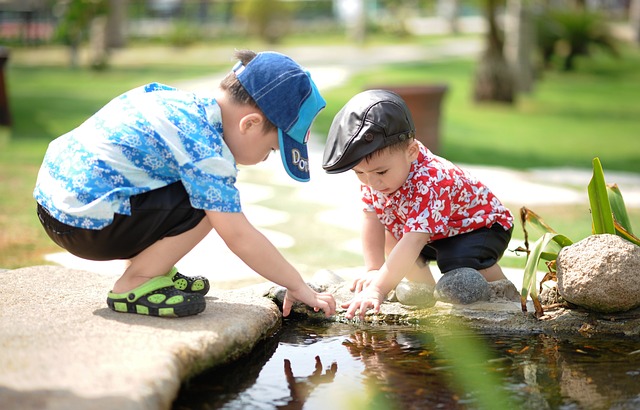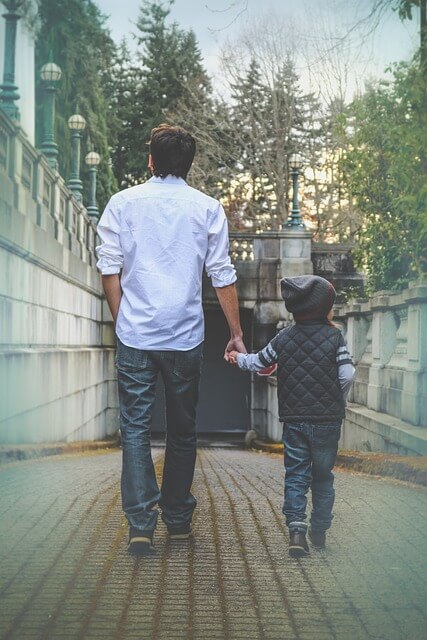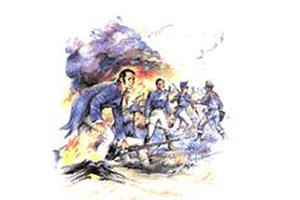The Human Rights are defined as «group of attributes and characteristics of human beings that cannot be affected or vulnerate in their lives, their physical and psychological integrity, their dignity and freedom»
Their origin lies in human nature itself and for this very reason they must be acknowledged by each and every person, without any form of discrimination or distinction. The State is the main subject forced to respect and guarantee human rights.
In order to comprehend them, they are usually classified into:
– Civil and political rights: they include the right to life, physical integrity, freedom of opinion, equal legal treatment and the right to resort to resources aimed at defending oneself.
– Economic, social and cultural rights: a few of them are the right to property, decent work, health and education.
Characteristics of Human Rights
The attributes that identify human rights are:
– Inherent to human beings: these are the rights that are generated or born from human nature, meaning, they are derived from human beings for the mere fact of being human.
– Universal: it means they constitute an object and are in the possession of each and every person.
– Inalienable: it means that human rights cannot be stripped, for they are a part of human nature.
– Unassailable: it means they cannot or should not be violated. In case they are not respected, the person can demand reparations or compensation for the damage caused by said violation.
Children’s rights
They were approved by the United Nations Assembly on November 20th, 1959. 10 fundamental rights are promoted.
Up next, we point out these ten rights:
Art N°1 The child will be endowed with all of the rights pointed out in this Declaration. These rights will be endowed for all children, without exception or distinction or discrimination due to race, color, sex, language, religion, political or other opinions, national or social origin, economic situation, birth or any other condition, be it pertaining to the child or their family.
Art N°2 The child will be endowed with special protection and will have opportunities are services, provided by law and other means, to enable them to develop physically, mentally, morally, spiritually and socially in a healthy and normal manner, in free, decent conditions. When laws are promulgated to this end, the fundamental consideration must be the child’s best interests.
Art N°3 The child is entitled to a name and nationality at birth.
Art N°4 The child must be granted social security benefits. He has the right to grow and develop healthily. To achieve this, they and their mother must be provided special care, even pre and postnatal care. The child has the right to food, housing, recreation and adequate medical services.
Art N°5 A child that is physically or mentally handicapped or that suffers some kind of social handicap must receive the special treatment, education and care their case calls for.
Art N°6 In order to achieve a complete and harmonious development of their personality, the child needs love and understanding. Whenever possible, they must grow up with the protection and under the responsibility of their parents.
Art N°7 The child has the right to education, which will be free and obligatory, at least at an elementary level. They will receive an education that is favorable for their overall knowledge and which enables them, on equal terms, to develop their skills and individual judgment, their sense of moral and social responsibility and which will allow them to become a useful member of society.
Art N°8 The child must be one of the first to receive protection and assistance under any circumstances.
Art N°9 The child must be protected from any form of abandonment, cruelty and exploitation.
He will not be subjected to any form of abuse. A child must not be allowed to work before a minimum adequate age. In no case shall a child be devoted to or allowed any kind of occupation or job that might hinder their health, education or prevent their physical, mental or moral development.
Art N°10 The child must be protected from any practice that could encourage racial, religious or any other form of discrimination.
They must be educated in an understanding manner and taught tolerance, friendship among peoples, universal peace and fraternity and with full awareness that they must devote their energy and skill to the service of their peers.








 Sorpresa de Yerbas Buenas
Sorpresa de Yerbas Buenas